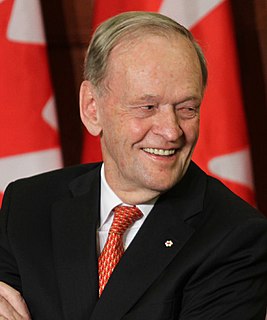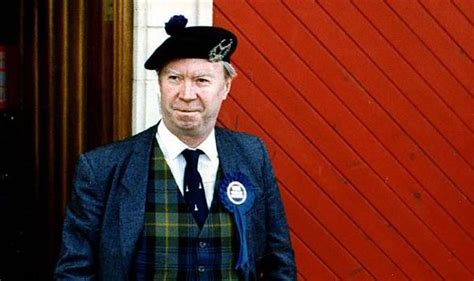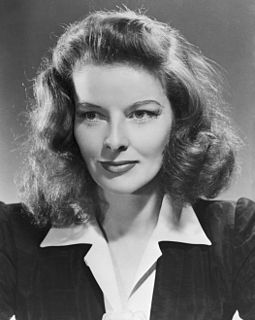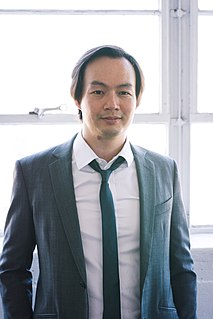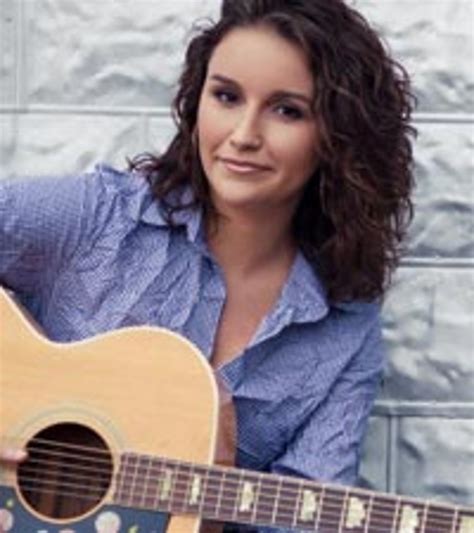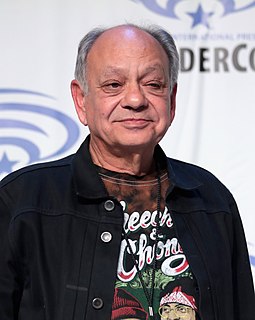A Quote by Jean Chretien
Everybody has the right to speak up in a democracy. We would be in trouble as a society if there wasn't a constant pressure to make reforms and to be just. Sometimes as prime minister, when i was caught up in a really loud demonstration, I used to say to myself that I deserved it because of all the demonstrations I myself had organized as a student against Duplessis.
Related Quotes
A gentleman who for reasons of chivalry I shall not mention, but who occupied grand office, and who had taken grandly of wine and allowed veritas to overcome him, went up to the Prime Minister and told her he had always fancied her, to which the Prime Minister replied, "Quite right - you have very good taste but I just don't think you would make it at the moment.
I ask myself how I could give in to this perpetual vertigo that I in fact provoked and feared. I floated among erratic clouds and talked to myself in front of the mirror in the vain hope of confirming who I was. My delirium was so great that during a student demonstration complete with rocks and bottles, I had to make an enormous effort not to lead it as I held up a sign that would sanctify my truth: I am mad with love.
At one time in the mid-'70s I became the president of the Boston-Cambridge chapter of the World Future Society. Because I'd been in my studio by myself since 1968 on up. And the thing is that my social life consisted of being involved in organizations like that. I would get people to come and speak, and speak myself and that kind of stuff.
Performance is really an important part of how I edit. I sometimes take something out because I realize I put in a joke just to be funny and the audience laughed, but I should be ashamed of myself. I sometimes take out sentences, which are perfectly fine on paper, just because they don't flow when I say them out loud. I always read my work out loud now.
Most of the time we do nothing, myself included, I think the lesson I learned from [playing humanitarian Tessa in The Constant Gardner] is that a lot of drops make up an ocean. If people would stand up and say what they believe in maybe we can make a difference. Helping one person is better than nothing. Just do something.
Sometimes I think you have to try to do things that people don't think are doable. I remember at the very beginning actually, the first person I had to convince was myself really because there's a self-censorship. When everybody says 'we don't do silent movies anymore,' you agree with everybody, and you say 'yeah, you're right.' It was a fantasy.
Let's just say that where a change was required, I adjusted. In every relationship that exists, people have to seek a way to survive. If you really care about the person, you do what's necessary, or that's the end. For the first time, I found that I really could change, and the qualities I most admired in myself I gave up. I stopped being loud and bossy... Oh, all right. I was still loud and bossy, but only behind his back.
I was a very senior minister in the Howard government and I sat around this particular table [in the prime ministerial office] in many discussions. The difference between being a senior minister and the prime minister is that ultimately the buck does stop with the prime minister and in the end the prime minister has to make those critical judgement calls and that's the big difference.
I was really lucky in that my mom and dad never got caught in the act, so to speak. So my mom was caught fraternizing with my dad. My mom was caught, you know, in the building that my father lived in. My mom was caught in a white neighborhood past curfew without the right permits. My mother was caught in transition. And that was key because had she been caught in the act, then, as the law says, she could've spent anywhere up to four years in prison.
It was a lot easier to write songs before I had a record deal, because the record labels and the industry doesn't mean to put pressure on you, but they do. They don't realize that they are, but you end up having a pressure there that you feel. At times I feel myself wanting to say, 'Just let me do what I do.'
I was part of the draft resistance movement in L.A. where we did demonstrations at the draft centre and burned our cards and made a lot of trouble on campus. I had a student classification and they said that anybody who'd taken part in these demonstrations would be reclassified and drafted. And that's when I went to Canada.
